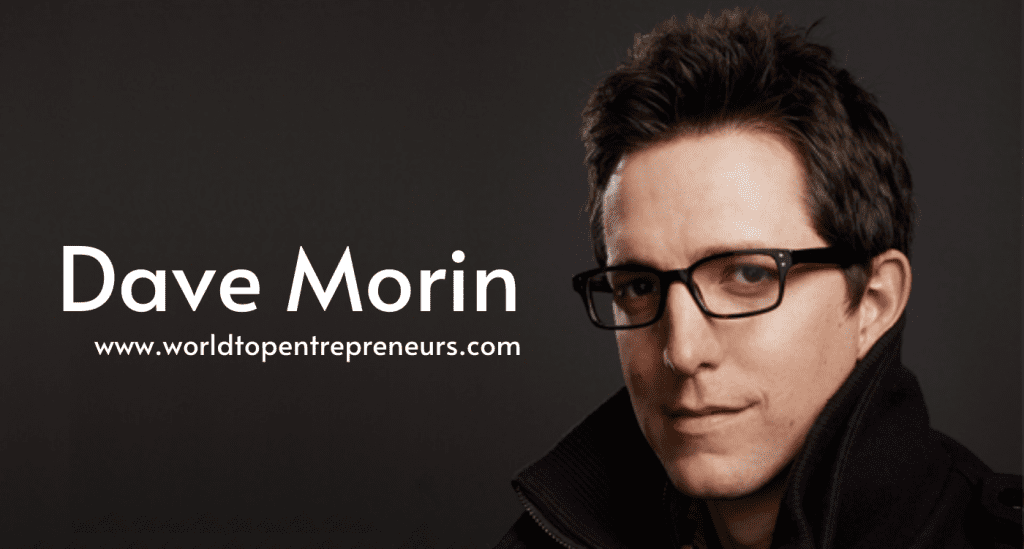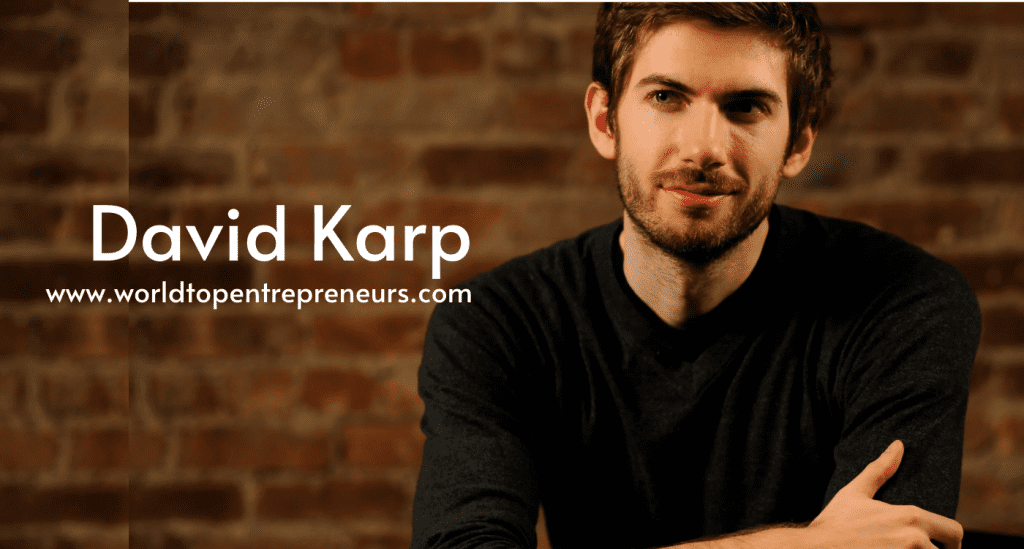The Rise and Fall of Elizabeth Holmes: A Human Perspective on the Theranos Saga
In the world of Silicon Valley, where innovation and ambition collide, few stories have captured the imagination and scrutiny of the public quite like that of Elizabeth Holmes and Theranos. Once hailed as the next Steve Jobs, Elizabeth Holmes captivated the tech and medical industries with her bold vision: a revolutionary blood-testing technology that promised to transform healthcare. But behind the veneer of success and innovation lay a web of deception and hubris that ultimately unraveled in spectacular fashion.
The Early Years: Ambition and Vision
Elizabeth Holmes was born on February 3, 1984, in Washington, D.C., to a family with a strong tradition of entrepreneurship and success. From a young age, she exhibited a keen intellect and an unrelenting drive to make an impact on the world. Inspired by her family’s entrepreneurial spirit and the potential for technology to disrupt established industries, Holmes embarked on a path that would eventually lead her to found Theranos.
After dropping out of Stanford University at 19, Holmes founded Theranos in 2003 with the ambitious goal of revolutionizing the diagnostic testing industry. Her vision was simple yet profound: to develop a device that could conduct a wide range of medical tests using just a few drops of blood, drawn painlessly from a finger prick. This would eliminate the need for traditional venous blood draws and enable faster, more convenient, and more affordable testing for patients everywhere.
The Theranos Phenomenon: Rise to Prominence
Theranos quickly gained attention and financial backing from prominent investors, who were drawn to Holmes’ charisma, vision, and the potential for massive disruption in the healthcare sector. The company’s valuation soared to billions of dollars, and Holmes herself became a media sensation, gracing the covers of magazines and appearing on major television networks as the embodiment of innovation and female entrepreneurship in Silicon Valley.
Central to Theranos’ allure was its proprietary technology, supposedly capable of running hundreds of tests on a single drop of blood. Holmes and her team marketed this technology as a game-changer for healthcare, promising faster results, lower costs, and greater accessibility to diagnostic testing. The narrative of a young, visionary CEO disrupting a stagnant industry resonated deeply in a tech-obsessed culture hungry for the next big thing.
The Unraveling: Truths Revealed and Deceptions Exposed
Despite the outward success and glowing media coverage, cracks began to appear in Theranos’ facade. Concerns about the reliability and accuracy of the company’s technology surfaced, fueled by whistleblowers and investigative journalists who questioned the validity of Theranos’ claims. As pressure mounted, cracks in the narrative began to appear, revealing a darker reality behind the scenes.
It was discovered that Theranos had misled investors, regulators, and the public about the capabilities of its technology. The device, named Edison after Thomas Edison, whom Holmes admired, was found to be unreliable and incapable of delivering accurate results consistently. Former employees recounted a culture of secrecy and fear within the company, where dissent was discouraged, and concerns about the technology’s efficacy were dismissed or ignored.
The Human Cost: Impact on Stakeholders
As Theranos’ downfall became inevitable, the human cost of Elizabeth Holmes’ ambition and deception became painfully clear. Thousands of patients who had relied on Theranos for medical testing found themselves questioning the accuracy of their results and the impact on their health. Employees who had bought into Holmes’ vision and dedicated themselves to the company’s mission were left disillusioned and unemployed as Theranos laid off most of its workforce.
Investors who had poured millions into Theranos faced staggering financial losses as the company’s valuation plummeted from billions to virtually nothing. The Securities and Exchange Commission (SEC) and the Department of Justice launched investigations into Theranos’ practices, eventually charging Holmes and former President Ramesh “Sunny” Balwani with massive fraud. The legal battles that followed would further tarnish Holmes’ reputation and underscore the gravity of her actions.
Reflections on Elizabeth Holmes: Lessons Learned
The saga of Elizabeth Holmes and Theranos is more than just a cautionary tale about corporate fraud and the dangers of unchecked ambition. It raises fundamental questions about ethics, accountability, and the culture of innovation in Silicon Valley. Holmes’ story reminds us of the seductive allure of visionary leaders and the need for skepticism in the face of extraordinary claims.
At its core, the rise and fall of Theranos serves as a stark reminder of the human consequences of corporate misconduct. Behind the headlines and courtroom dramas are real people whose lives were profoundly affected by Holmes’ actions. Patients who placed their trust in a technology that failed to deliver accurate results. Employees who believed in a mission that turned out to be built on deception. Investors who saw their financial futures jeopardized by promises that were too good to be true.
Elizabeth Holmes Today: Facing Consequences and Looking Ahead
As of [current date], Elizabeth Holmes continues to navigate the legal aftermath of Theranos’ collapse. Her trial and subsequent conviction on charges of fraud have marked a stunning reversal of fortune for the once-celebrated entrepreneur. The courtroom proceedings have offered a glimpse into the mind of a driven individual whose ambition blinded her to ethical boundaries and legal responsibilities.
Looking ahead, the legacy of Elizabeth Holmes and Theranos will undoubtedly endure as a cautionary tale in business schools and boardrooms alike. It underscores the importance of transparency, integrity, and accountability in leadership, particularly in industries where innovation can have life-or-death consequences. While Holmes’ story may be a singular example of corporate fraud on a grand scale, its lessons are universal and timeless.
In conclusion, the rise and fall of Elizabeth Holmes and Theranos is a story of ambition, deception, and the human cost of unchecked innovation. It reminds us of the responsibilities that come with disruptive technologies and the importance of ethical leadership in shaping the future. As we reflect on this extraordinary chapter in Silicon Valley history, we are reminded that behind every technological breakthrough are real people whose lives and well-being hang in the balance.





















